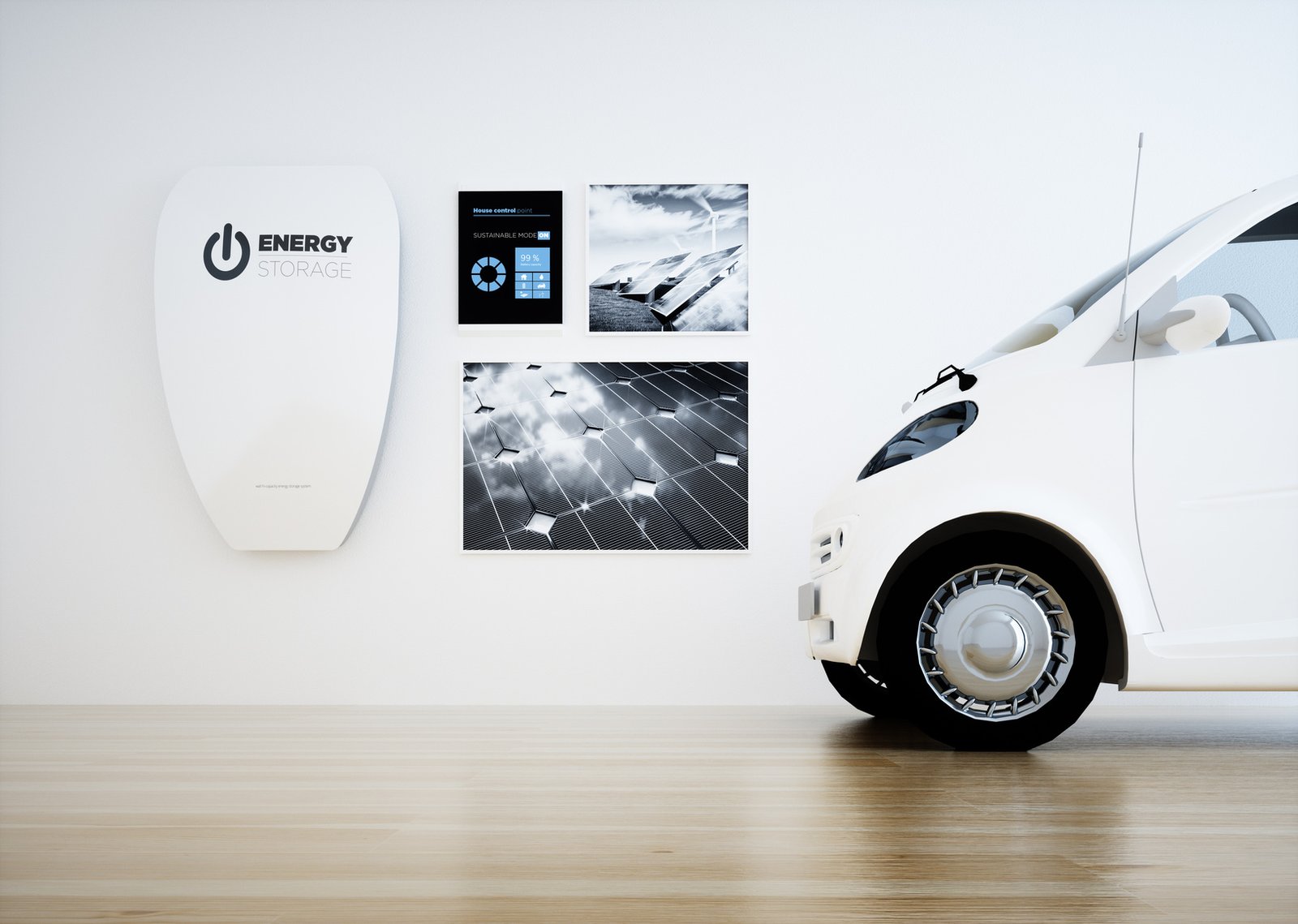Why you should have solar batteries

Harvesting energy from the sun is a great way to produce energy with minimal impact on the environment. When installing solar photovoltaic panels on your roof you can produce your own electricity and reduce your bills while potentially making some extra income by selling your excess energy back to the grid. This is great if you are using your home throughout the day while the sun is out, and the electricity produced can be instantly used within your home. However, in many cases, people will be out at work during the day and go home in the evening when the availability of sun is reduced. Therefore, the energy production will be minimal or none and without a battery you cannot store the energy for when you most need it.
This discrepancy coupled with the high frequency of cloudy days (although a smaller amount of solar energy can still be harvested in this case) in places like London can make the use of solar panels less of an advantage for some households, with extensive payback periods. However, if the roof-mounted solar photovoltaic system is coupled with appropriately sized battery storage, all the energy produced during the day can be retained for later use.

Contrary to what one may think, the use of solar panels coupled with battery storage is not a brand new technology having been used in various applications for at least a couple of decades. It is now becoming a very popular technology as the price of solar panels itself has been reducing throughout the years and battery storage products with higher capacity and tailored specifically to households are reaching the market.
If you already have solar panels installed on your roof or are planning to install them you should consider installing batteries as well and here are the three main reasons:
- Store free energy during the day for use in the evening
- Pay less for your energy
- Resilience to power outages
When you only have solar panels without batteries what happens during the day, especially if you are predominantly out of the house, is that your solar panels will be producing energy, this will not be used in the house and will be sent straight back to the public electricity grid. In the UK you will earn some income for exporting that energy through the Feed-in Tariff scheme. This sounds great right? You don’t use it but you still get money for it. Not really.
The Feed-in Tariff scheme used to pay as much as 50p/kWh when it was first introduced in 2010 but in 2017 it is paying as low as 4.14p/kWh generated plus 5.03p/kWh exported. With electricity prices at around 12p/kWh plus standing charges, solar panel home owners end up selling their energy to the grid at a very low price and then in the evening have to buy that energy back at a higher price than they sold it for!

Having solar batteries allows you to store all the energy produced during the day for use in the evening when you most need it. You will only have to pay for any additional electricity your solar system is not capable to produce. In addition to that, having energy stored in batteries will protect you from power outages and should provide you with enough energy to run equipment and lighting in your home for a few hours until power supply is restored.
If you want to make the most out of your existing solar panels or install a brand new system on your roof you should consider including solar batteries in the package. Solar battery systems for homes can cost between £2,000 to £3,500 and full system including solar panels and batteries will cost around £10,000 to £12,000. It is a considerable initial investment but with an average saving of 35% on your bills and the security it provides for when there are power cuts makes it an excellent long term investment and can even charge your electric car. Get your home charged and Green It Yourself…Now!






